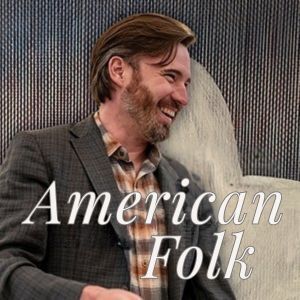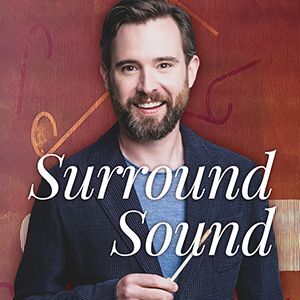Welcome to Season 23: The Best of Seraphic Fire!
Seraphic Fire’s 23rd Season is a tribute to the music that has defined the ensemble for more than two decades. With seven unforgettable concert programs curated from audience favorites, iconic composers, and defining choral masterworks, this season is a celebration of the moments that have inspired, moved, and uplifted listeners throughout the ensemble’s acclaimed history.
2025-2026 Season
American Folk

This Land is Your Land, Simple Gifts, Farther Along, My Darlin’ Clementine, and more! Bring the whole family to this American folk song celebration. The pure-toned voices of Seraphic Fire take you on a 75-minute journey through America’s folk music roots. We’ll also sing Ingram Marshall’s Hymnodic Delays, perhaps Seraphic Fire’s most requested piece, based on 18th century American folk hymns.
Candlelight

Seraphic Fire’s annual candlelight concerts - Florida’s most celebrated musical experience - blend ancient music with contemporary masterpieces, creating an ethereal, immersive experience. Featuring music throughout history with thematic connections to water and nature, the finest singing ensemble set in candlelight will take your breath away. Guest conductor Arianne Abela makes her Seraphic Fire debut in this ethereal sonic feast.
Surround Sound

The full forces of Seraphic Fire close out this celebratory year with a surround-sound, polychoral experience imported directly from the Basilica of San Marco in Venice, Italy. You’ll be at the center of the action as we sing from every corner of the room. An experience you can only get at Seraphic Fire, our season closes with this aural explosion.




